What are phytonutrients?
They are natural compounds that protect plants from bugs, germs, fungi and other threats. Phytonutrients, also known as phytochemicals, are natural bioactive compound found in plants. They are also known as Nature’s pharmacy, and they are semi essential nutrients. In addition, they are biological active compounds in food. They affect cellular structure, and they also help prevent and heal from diseases. They also protect DNA from an oxidative damage, moreover they inhibit oxidative damage to bad cholesterol and help prevent heart diseases. Phytonutrients have antioxidants and anti-inflammatory properties that can help support a healthy human body. Phytonutrients are essential to beat addiction. To know more about how to beat food addiction, read this article, https://sparklinglifestyle.in/food-addiction-beat-through-modifications/
Sources of Phytonutrients:
Phytonutrients are abundant in plant-based foods.
Fruits: Berries, Citrus fruits, apples and grapes.
Vegetables: Leafy greens, Cruciferous vegetables, broccoli, cabbage, carrots, tomatoes and onions.
Legumes: Soybeans, lentils, chickpeas.
Whole grains: Oats, brown rice, quinoa, buckwheat.
Herbs and spices: Turmeric, ginger, garlic and cinnamon.
Why Should We Consume Phytonutrients in our daily routine?
They aren’t stored in the body. so, need to eat daily. There are 100+ phytonutrients, some act as antioxidants, hormonal balancers or immunity boosters.
11 most common Phytonutrients:
Carotenoids:
Carotenes are further broken down into beta carotene and lycopene. Yellow, orange and red fruits and vegetables contain Carotenoids. These are beneficial for eye health and immune health. For example, carrots, pumpkins, red pepper, tomatoes and watermelon. They act as antioxidants, protecting cells from damage by molecules known as free radicals.
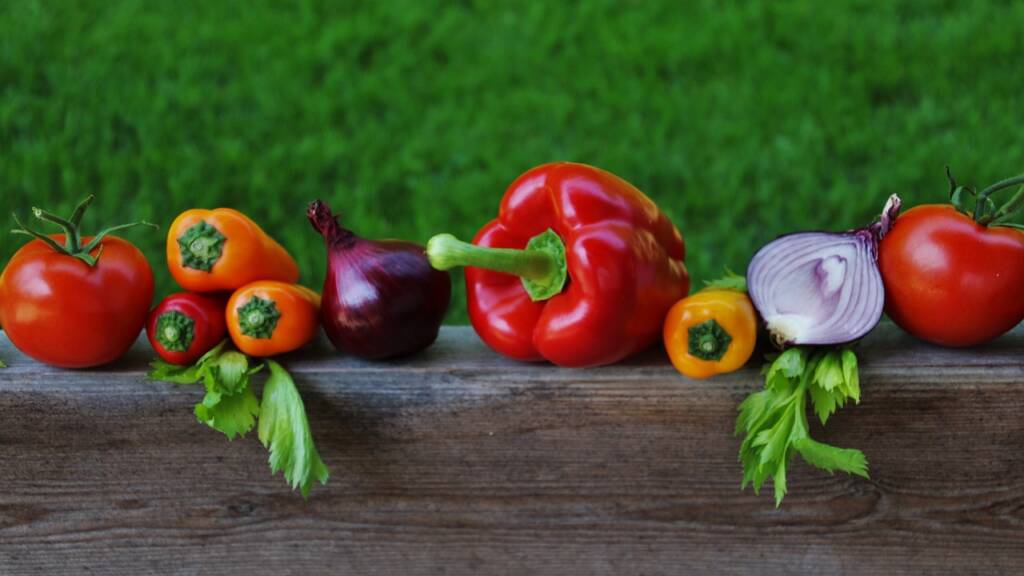
Ellagic acid; –
It provides protection from cancer and has anti-inflammatory benefits. It protects healthy cells from developing into cancer cells. It also helps to reduce bad cholesterol. For example, Cranberries, grapes, Guava, pomegranates, raspberries, walnuts, strawberries, dried berries or cranberries, blackberries, resins and cranberries supplements.

Bioflavonoids:
Flavonoids are one of the largest groups of phytonutrients. This compound is rich in antioxidant properties and anti-cancer activity. They are used to deal with bleeding gums, varicose veins, hemorrhoids, bruises, etc. For example, buckwheat leaves, citrus fruits, berries, broccoli, cherries, grapes, papaya, tomatoes, cucumbers.
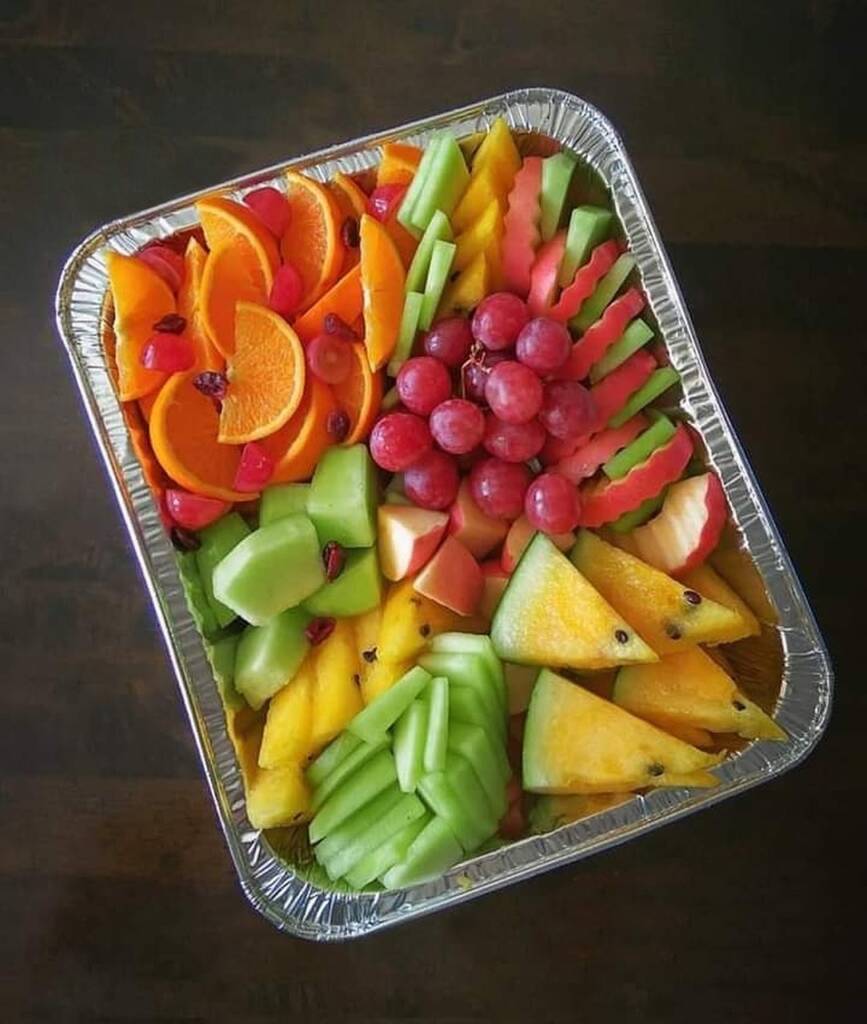
Glucosinolates:
They help to limit cancer growth. They also help to liver detoxify. They are known as helping to regulate inflammation metabolic function and stress responses. For example, Cruciferous vegetables such as broccoli, Brussels, sprouts, cabbage and kale.
Chlorophyll:
Green plants contain Chlorophyll. Helps to build blood. It protects against cancer, Certain form of radiation, kill germs and act as powerful wound healer. For example, Wheat grass, algae, seaweeds and green vegetables.
Polyphenols:
It is also known as flavonoids, phenolic acids, polyphenolic amides. It helps to reduce the risk of chronic diseases. For example, Apples, chillies, peppers, onion, red cabbage and turmeric.
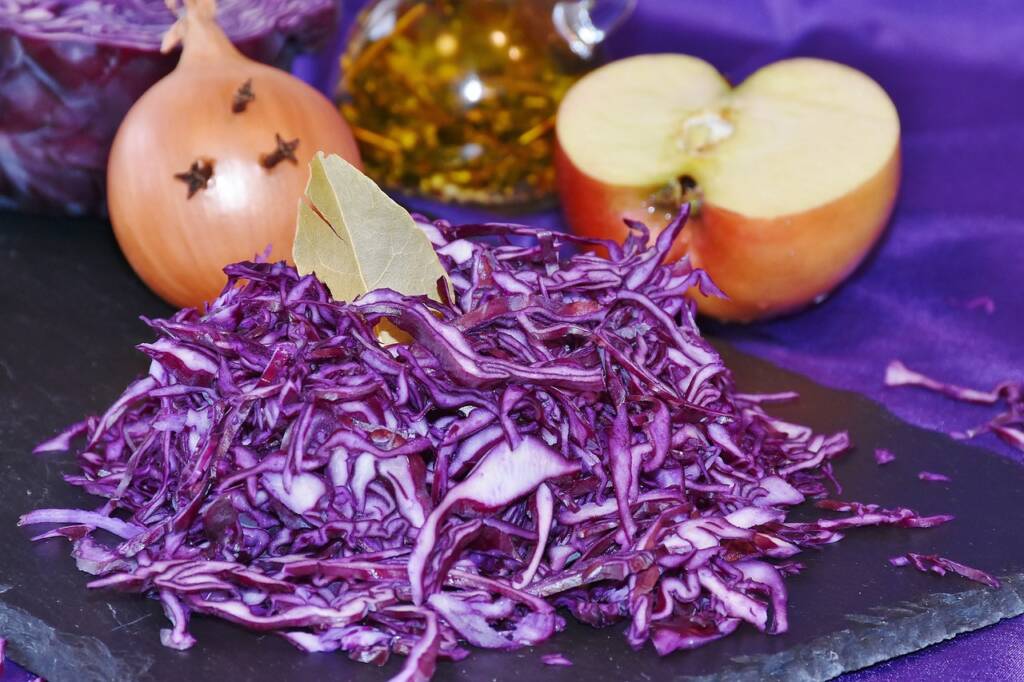
Resveratrol:
It provides antioxidants and inflammatory benefits. It may reduce the risk of heart disease and some cancers. For example, Grapes, blueberries, cranberries, peanuts and dark chocolates.

Curcumin:
It contains anti-inflammatory property. In arthritis, curcumin is very effective. It may help in ulcerative colitis. It also may prevent blood vessels that nurture cancerous cells. It may improve digestion as it encourages gallbladder to bile. For example, Turmeric, mustard, corn and yellow capsicum.
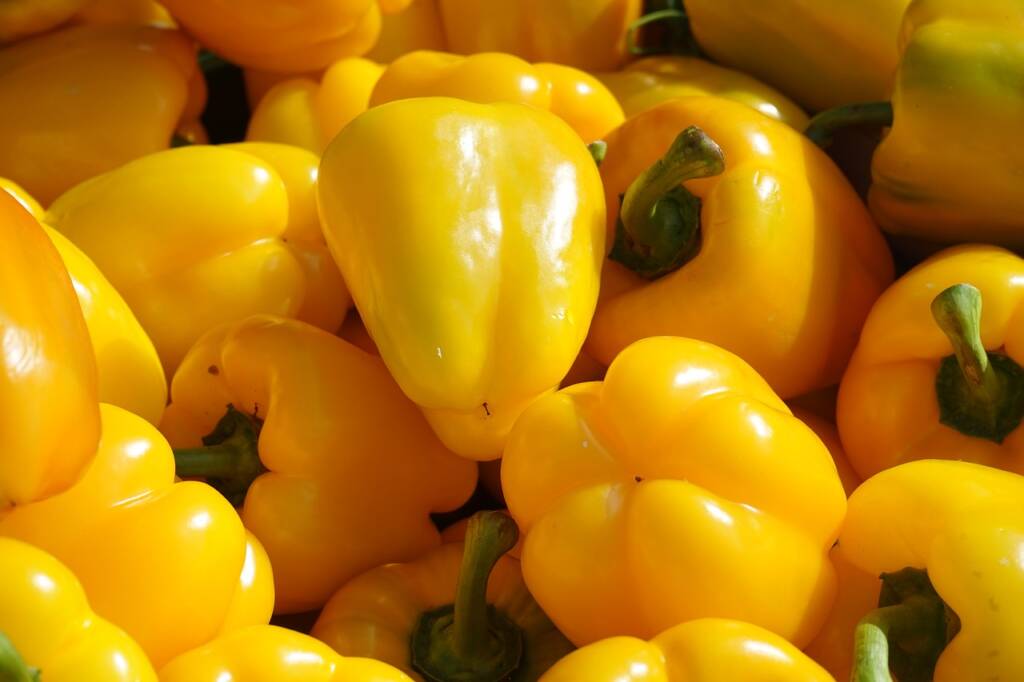
Piperine:
Black paper contains Piperine. It helps you absorb more nutrients from food. We can use as sprinkle on salad or foods to almost double the nutrient absorption.
Quercetin:
Strawberries contain Quercetin. It helps to improve health of capillaries and connective tissues. It also helps to alleviate bruising, edema, varicose veins, fragile capillaries, eczema and asthma. It has anti-inflammatory property and prevents prostate cancer. It also inhibits the release of histamine and protects from allergies.
Sulforaphane:
It is antibacterial. H. pylori bacterium causes 50% of stomach ulcers, sulforaphane kills of these bacteria. It is also good for digestive health.
Conclusion:
It is important to note that we need more research to fully understand their mechanism of action and their specific effects on human health. Including a wide variety of plant-based foods in your diet is the best way to ensure you are getting a range of phytonutrients and achieving their potential benefits. To know more about overall wellness, follow my Instagram page.


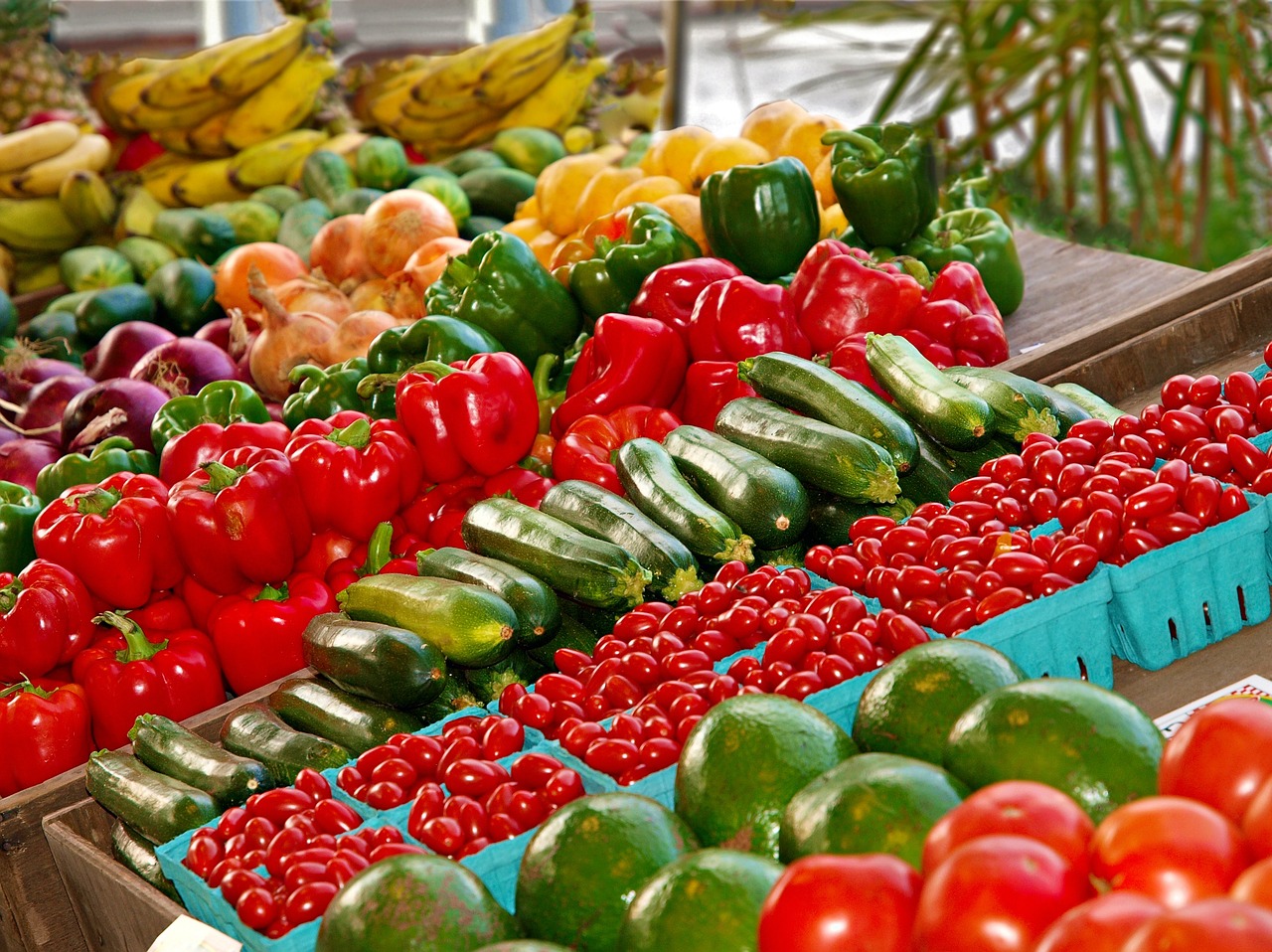
Leave a Comment